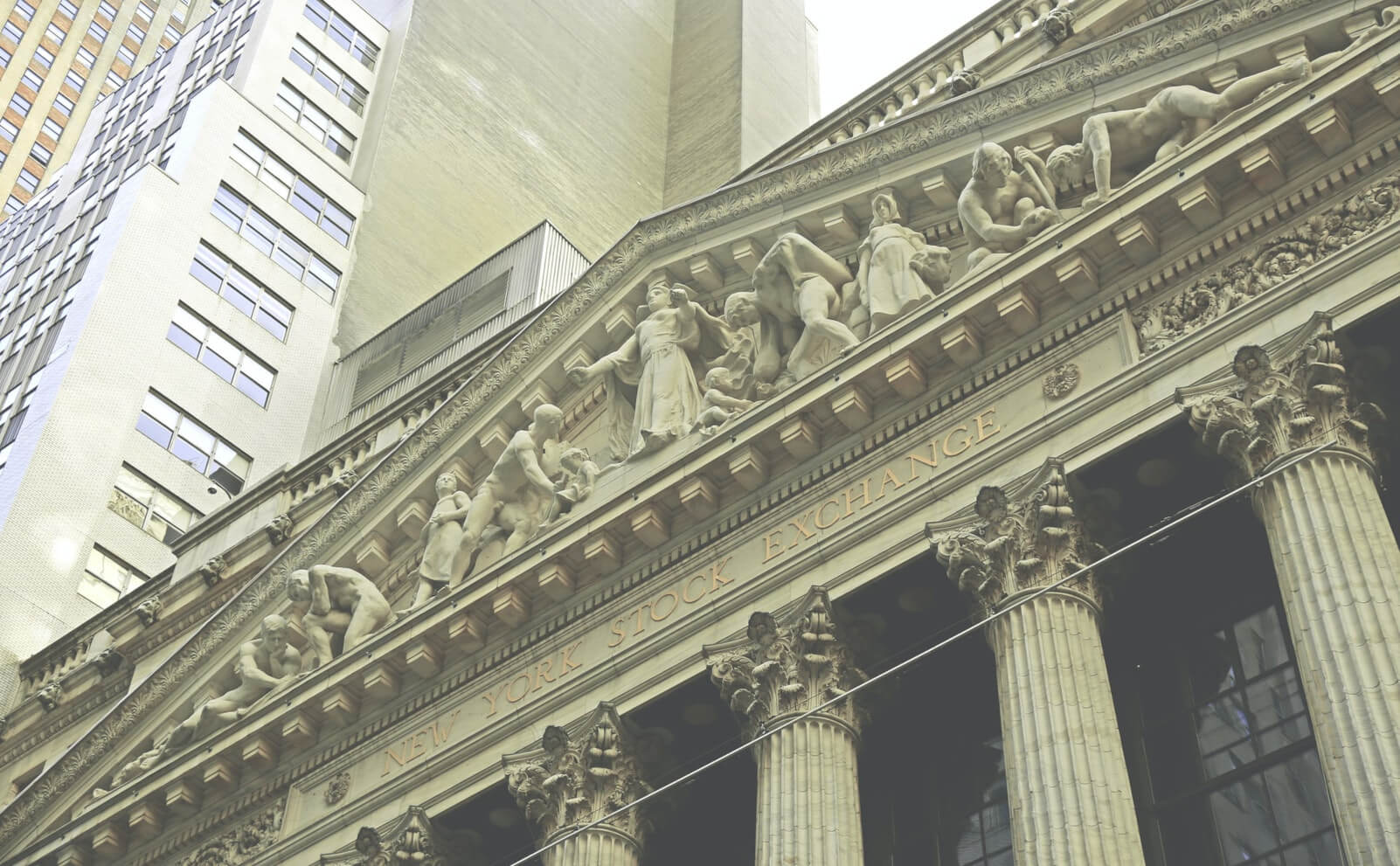Crypto enthusiasts have had to get used to many low blows in recent weeks. Not only have the directly readable prices of many cryptocurrencies plummeted by more than 50 percent; some business models and the companies behind them have even been completely dismantled, for example Celsius.
The skeptics have always known it, the hard-core fans are still completely on board and many people in between are at least very unsettled. There is no need to gloat, because blockchain as a technology will certainly survive this crisis, precisely because it is a scalable decentralized solution for distributed transactions.
Can we still trust blockchain technology?
Now the search for the culprit and an explanation is on. This would not have happened with more regulation – a frequently heard thesis. But one thing is clear: blockchain technology works perfectly. We don’t want to talk about hacks and other incidents that can be classified as insignificant in the overall context here, as they are actually irrelevant to the overall message.
The overall crypto system consists of blockchain technology in the form of many different implementations and names. The individual systems run on millions of servers spread across the globe. Fiat currencies are exchanged into the crypto world via gateway brokers. Just as in our old financial system with central banks with a state background, banks and thousands of rules developed over more than 300 years, the crypto world system has been formed in the last 10 years.
We can build trust with people. We can get used to a system like the crypto world or the fiat financial system. We get used to it behaving as expected. The system has no relationship with us, whether it fulfills our expectations or not.
We can be disappointed by system participants: for example, if the CEO of the company Celsius has promised us that we can trade a cryptocurrency at any time and this company cannot keep its promise.
The expectation that the crypto system would automatically be better, more stable, and more reliable than our traditional banking and financial system because it is only covered by normal banking regulation to a much lesser extent was utopian. And not just now in retrospect, but from day one.
The Internet pioneers of the early 1990s, who dreamed of a free, open, and decentralized Internet accessible to all, already had to experience this. After an initial boom and a massive crisis in the early 2000s, we ended up with an oligopoly-managed centralized Internet in which the stronger and bigger usually wins.
So we should not speak of a crisis of confidence in technology when we see the blockchain dreams of the perfect decentralized system and eternal growth burst. Because there is no trust in an algorithm, only in the actions of people.
Is the demise of all crypto assets really inevitable?
In these times, it is worth reading Beckert again and being reminded: Value is a sociological approach that creates and destroys value through transactions between two market participants and mutual trust in the system. There is absolutely nothing on this planet that has a value that we humans do not determine purely through communication with each other. There are also no real stores of value over centuries that have a real value in themselves.
The question for crypto systems in the coming months is therefore: Can a higher level of trust be achieved again than at present by adjusting the system rules, or has trust been destroyed for many years?
The confidence of many German private investors in the equity system was only restored almost 20 years later after the dotcom crash, to the extent that they are investing in equities again. But for the vast majority of market participants, the equities system has worked in the meantime.
Thus the direction the crypto world takes will be decided by us humans through communication and ultimately our actions. Perhaps the millions of people who invested and lost as relative early adopters are ultimately irrelevant. After all, so much capital has simply flowed into crypto companies that there is now a stable number of followers who will jump in once the price has fallen by 95%.
Who can really predict people’s behavior? What is clear is that the general demise of the crypto world is very unlikely. It is more likely that a new system landscape will emerge on the rubble of the destroyed first wave. With a little more regulation, because the people who have lost money are now calling for the state after all.
Incoherence of fact acceptance – we humans are so wonderfully naive
Everything is actually so easy to explain. But we live in opinion bubbles, we have our peers, the mechanisms are so clear to us as rational beings. And yet I have once again been surprised by my naivety and by how differently we all perceive the world around us.
An actually small group of people on this planet: VC and PE fund managers and the investors who belong to them meet in Berlin. They fly in from the USA, the UK, France and other countries and finally meet in person again. Everyone reads the same international stock market and industry news. US VC fund managers report on the most profound crisis since the dotcom bubble. The days of growth at any price are finally over. Our European VC colleagues see gloomy clouds, but there is still so much capital available. The PE colleagues in the hotel 600m away see no need for action – apart from perhaps a small correction for the PE world – and assume that valuations will remain stable. Of course, the VC colleagues have really exaggerated a little with their multiples.
Of course, this generalization is a gross oversimplification. I was blown away by how differently people who work in intersecting industries see this world and the consensus that emerges in discussions for individual groups.
But one thing is clear: People have come together to achieve a goal. Some want to sell something and others actually want to buy something. As long as it is not too expensive. And so, the stories in all communication bubbles lead to the same result. Buying now is actually exactly the right thing to do. Some say buy into the low valuations; others deny that valuations can go any lower.
The result is then determined in the individual vote. Deal by deal. Regardless of whether it’s a large transaction for several million in a private market such as the VC or PE world or on a crypto exchange. One buys, the other sells. Both counterparties have expectations and expect to gain a personal advantage. They trust the system.
Will things somehow continue after a cleansing thunderstorm in the crypto universe? I don’t know. All I know is that we humans are and must be naive optimists if we are to survive on this planet together. Until then, the hope remains in the functioning of another system – our intelligence – as our ability to react appropriately to an unknown situation.



